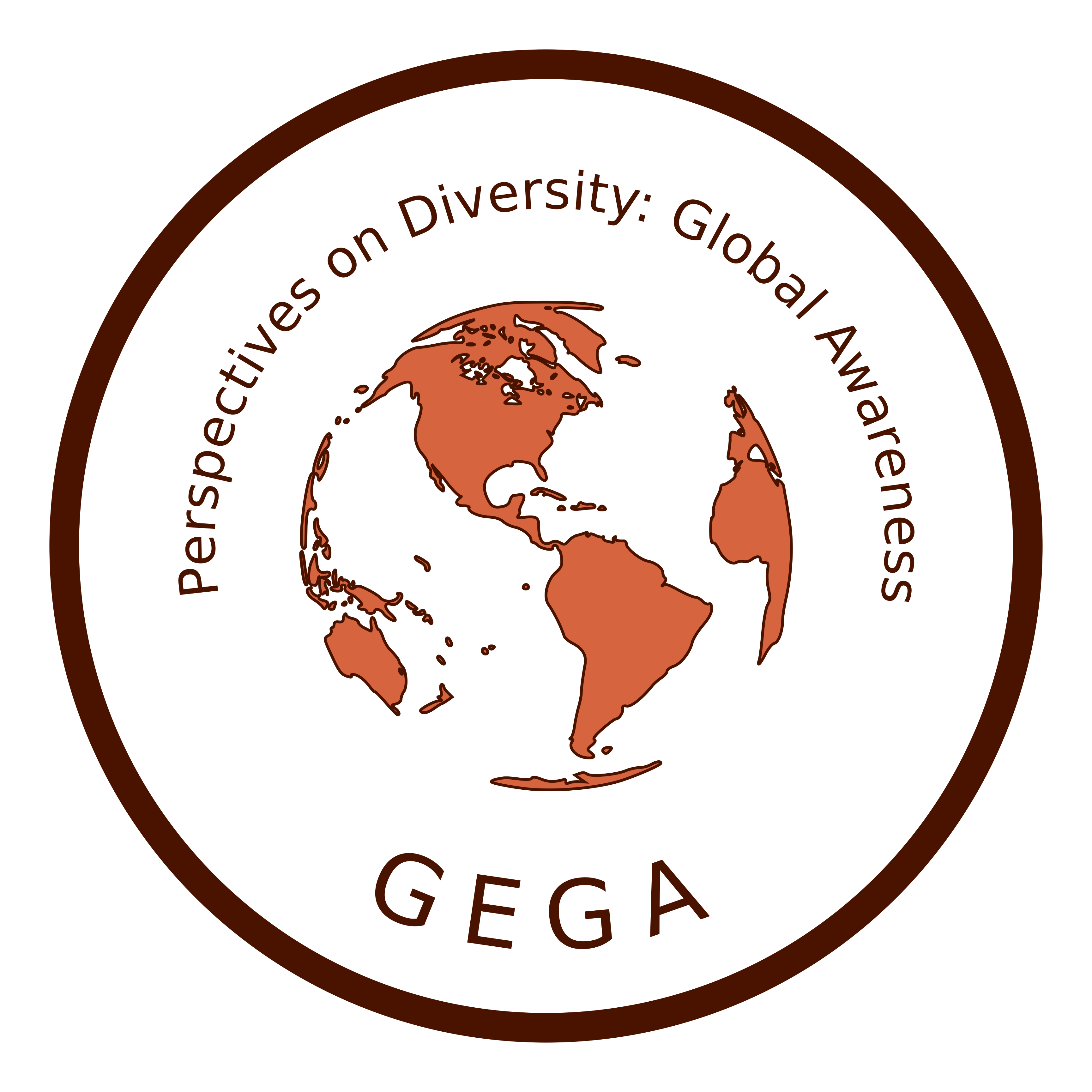| Food and Culture This is not the most recent catalog version; be sure you are viewing the appropriate catalog year. | 2022-2023 Undergraduate Catalog
|
DTC 358 Food and Culture [GEGA]
Global food supply issues can be understood within the context of culture. This course explores factors influencing global food supply including: religion, culture, society, agricultural and livestock capabilities, environmental changes affecting food sources, malnutrition, overfeeding, fair trade agreements for growers/producers, food availability, industrialization, traditional health beliefs and intercultural communication.
Credit 3 hrs May not be repeated for additional credit
Grade Mode Normal (A-F) Course Rotation Fall, Winter, and Summer
Prerequisites -
Other Restrictions -
Restriction by Major -
Restriction by Class - Undergraduate standing

Rationale for Perspectives on a Diverse World - This course addresses many global issues such as fair trade, agriculture, religion, cultural intolerance and social dynamics that influence food preferences and food habits. Fair-trade issues are explored through the study of small farms that grow coffee, tea, fruit, rice and sugar and sell to processors and distributors under fair trade certification. This is compared to large commercial operations and purchasing through the middleman system in developing countries. Religious preference also has a great influence on food habits around the world.
This course meets the General Education outcomes for the Global Awareness category because students are exploring global issues through food and food habits, exploring their culture and food habits, exploring social dynamics and cultural intolerance that influence food habits and analyzing information from diverse sources to make informed decisions regarding global issues.
Keywords: Dietetics, Global Awareness (GEGA)
Updates: Course Rotation added 9/2014
All catalogs © 2025 Eastern Michigan University.
Powered by Modern Campus Catalog™.